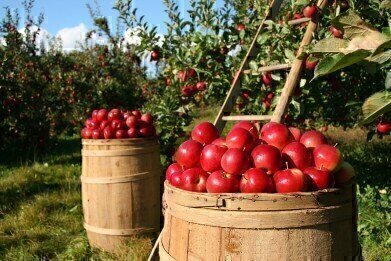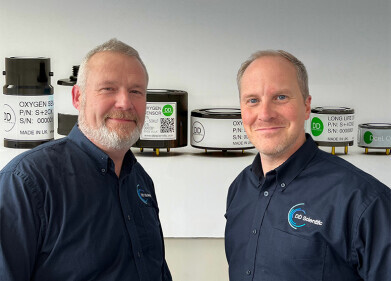Business News
Is Organic Food Better for the Environment?
Jan 07 2019
The popularity of organic food has risen substantially over recent years, with the market growing by 4% in 2018 to reach a record net value of £2.2 billion in the UK. While people may prefer organic produce for a number of reasons, perhaps the biggest one is the environmental benefits that its proponents claim it can offer over traditional forms of agriculture.
However, a new study from Sweden has cast doubt on the idea that organic food is actually beneficial for the environment at all. Published in the scientific journal Nature, its authors suggest that the additional deforestation required to cultivate organic crops (since they return a smaller yield than traditional farming methods) contribute more greenhouses gases (GHGs) to the atmosphere, and as such could actually be worse for our planet.
Unforeseen consequences
The fact that organic farming does not use chemical fertilisers is the main reason why its adherents believe it is better for the Earth. Not only are less contaminants released into the atmosphere - potentially endangering animal species such as bees - but the process also uses less energy. However, it is this self-same dispensation with artificial stimulants which means that organic food inevitably produces fewer crops from the same land as traditional forms of farming.
The Swedish study, authored by associate professor Stefan Wirsenius, concluded that organic farming could yield up to 70% less crops than conventional farming techniques, meaning that far more land must be taken up to produce the same results. That land could instead be used for forestation, a key way of absorbing carbon from the atmosphere, and as such the cancellation of those negative emissions should be taken into account.
“The fact that more land use leads to greater climate impact has not often been taken into account in earlier comparisons between organic and conventional food,” explained Wirsenius. “This is a big oversight, because, as our study shows, this effect can be many times bigger than the greenhouse gas effects, which are normally included.”
The case for the defence
Supporters of the organic industry have acknowledged the arguments made by Wirsenius, but claim his study falls short in some respects. Crucially, his analysis fails to take account of the amount of energy that is used in non-organic farms.
Indeed, recent research by the Research Institute of Organic Agriculture (FiBL) found that organic crops require up to 50% less energy than their conventional counterparts. This, in turn, will certainly have an effect on the environment. Even factoring in the lower yield-per-hectare of organic foods, they still use approximately 19% less energy than non-organic alternatives. As such, neglecting this from the overall results risks skewing them in favour of conventional farming methods unfairly.
What’s more, the study only concerns itself with carbon as opposed to methane, which is far more damaging in terms of climate change and which has stimulated rising global concern in recent years. As such, switching to a diet which is less comprised of the beef and lamb produced from the methane-heavy industry of cattle and dairy farming is perhaps the best way in which consumers can limit their negative impact on the environment.
Digital Edition
IET 34.2 March 2024
April 2024
Gas Detection - Biogas batch fermentation system for laboratory use with automatic gas analysis in real time Water/Wastewater - Upcycling sensors for sustainable nature management - Prist...
View all digital editions
Events
Apr 30 2024 Melbourne, Australia
Apr 30 2024 Birmingham, UK
May 03 2024 Seoul, South Korea
May 05 2024 Seville, Spain
May 06 2024 Minneapolis, MN, USA



















